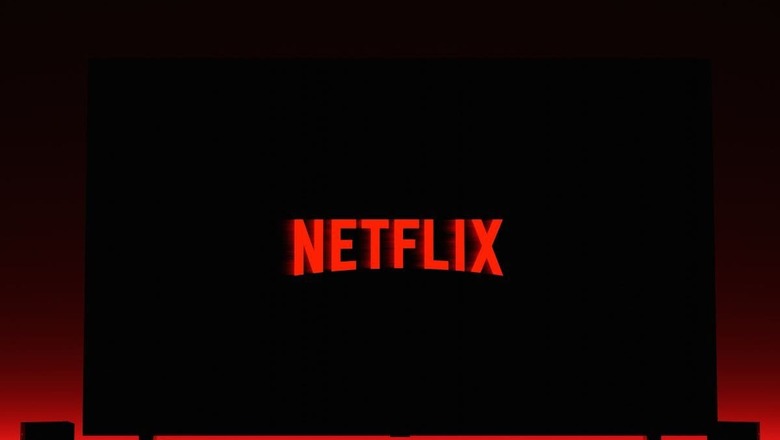
views
Netflix co-CEO Ted Sarandos recently expressed satisfaction with the company’s progress in curbing password sharing in the United States. During a conference at UBS Global Media and Communications, Sarandos stated that the company is “completely satisfied” with the pace of its password-sharing crackdown efforts.
“We’re completely satisfied with the pace of it It’s been very good to take it slow and deliberate, and we’re rolling it out in a very thoughtful way,” Sarandos said.
Netflix began its password-sharing crackdown in the United States earlier this year. Password sharing restrictions then expanded to Canada, New Zealand, and some European countries in February 2023, before coming to the US, UK, and other countries in May 2023.
The company has been gradually rolling out new measures to identify and prevent password sharing, such as requiring users to verify their accounts with a phone number or email address.
According to Reuters, Netflix allowed password sharing to proliferate for more than a decade before deciding to crack down on it. The change came because in the first quarter of 2022, Netflix lost subscribers for the first time in 10 years and saw a sharp drop in revenue.
To increase earnings, Netflix ended password sharing, hiked prices, and introduced a tier with advertisements.
According to the streaming giant , an estimated 222 million paying households were sharing with an additional 100 million households that were not being monetized.
“We’re very mindful of the fact that people care a lot about Netflix,” Sarandos said. “We want to make sure that we’re doing this in a way that’s respectful of our customers and that’s going to be effective in the long run.”
Netflix has not yet released any data on how its password-sharing crackdown has impacted the company’s bottom line. However, Sarandos has said that he is confident that the measures will be successful in the long run.
“We think it’s the right thing to do,” Sarandos said. “It’s going to help us build a stronger, more sustainable business for the long term.”




















Comments
0 comment